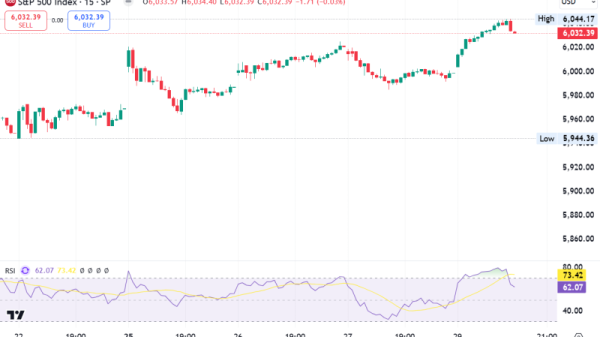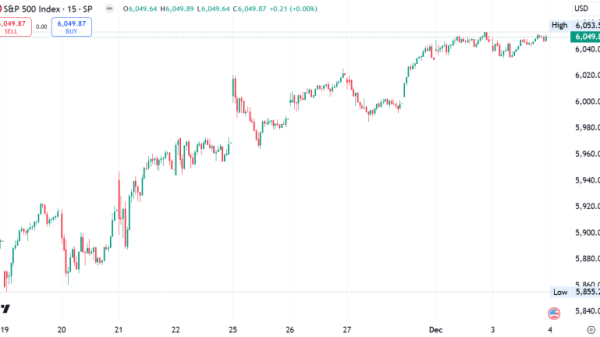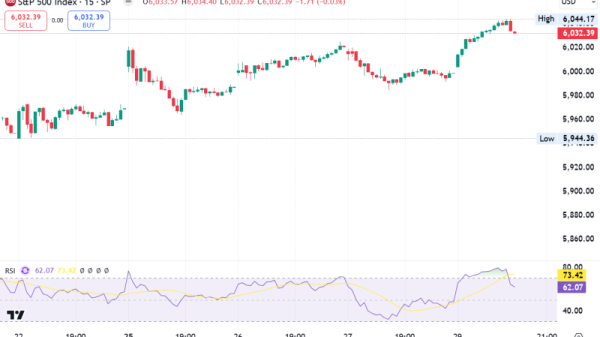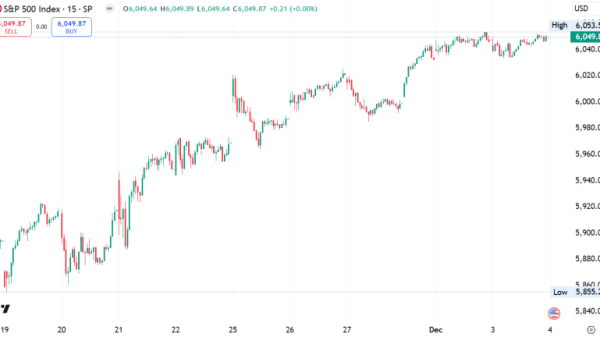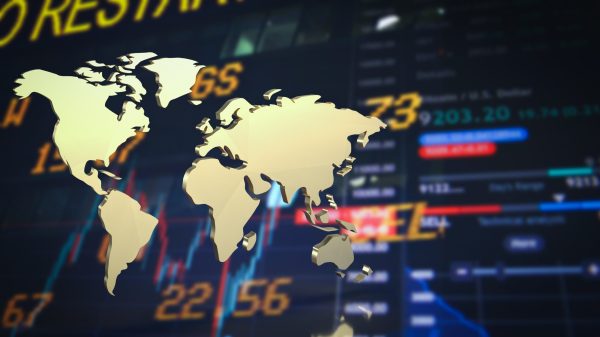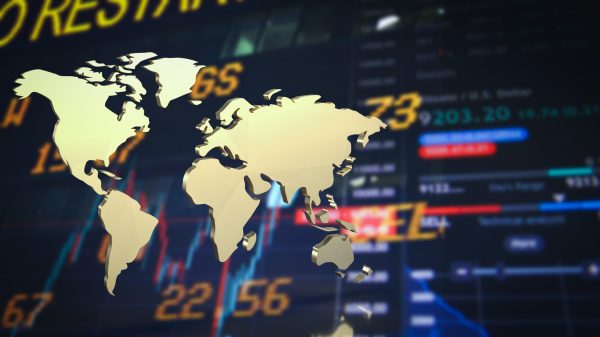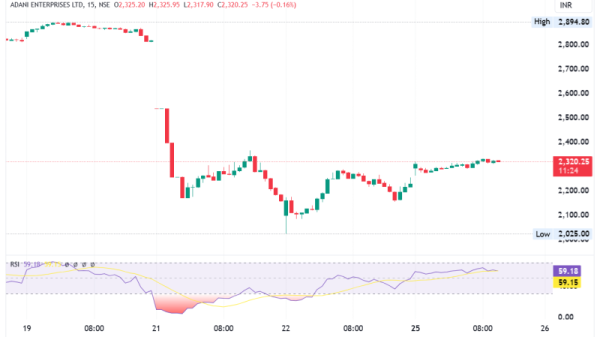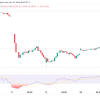The past few years have demonstrated how quickly events can evolve. While some remain unpredictable, others can be anticipated.
Ipsos recently conducted a survey involving over 23,700 participants from 33 countries, covering several topics such as technology, the environment, and global security.
The Statista report analyses the solid economic data and sentiments gathered in the Ipsos survey, shedding light on future expectations from various regions.
For example, the survey highlights that at least 79 percent of the respondents believe that prices will increase faster than incomes.
This data also shows a growing concern over inflationary pressures in several countries, particularly in volatile and diverse economies in regions such as Latin America.
Climate change’s economic ramifications raise concerns
According to the Statista report, the survey findings indicate a strong consensus among respondents about climate change, with 80 percent expecting further global warming in the year ahead.
This concern is particularly pronounced in Southeast Asia, where Indonesia (91 percent), the Philippines (89 percent), and Malaysia (88 percent) express the highest levels of anxiety.
These data highlight an urgent need for governments to tackle environmental challenges, especially since climate change can undermine economic stability, risking declines in agricultural productivity and increasing expenses for disaster preparedness.
Interestingly, while an important number of people anticipate rising temperatures and more severe weather events—72 percent of those surveyed noted the likelihood of experiencing climate-related incidents—there is skepticism about government responsiveness.
Only 52 percent expected their governments to set stricter carbon emissions targets, revealing a gap between public concern and political action.
However, optimism is present in China, where 84 percent believe their government is taking proactive measures.
This contrast serves as an important economic indicator: the potential effects of environmental policies on economic success.
Nations that do not adapt may endure long-term economic challenges, intensified by climate-related disasters, which could disrupt global supply chains.
Geopolitical conflicts and its economic toll
Ongoing geopolitical tensions remain a critical concern among people, with many respondents conveying pessimism regarding the resolution of existing conflicts.
Only 20 percent of individuals in the Middle East see an end to violence by 2025, while about 30 percent feel similarly about the situation in Ukraine.
This drop in optimistic projections compared to the previous year suggests diminishing hope, reinforcing the idea that extended conflicts could negatively impact both local and global economies.
The economic ramifications of war—such as the displacement of populations, damage to infrastructure, and trade disruptions—are significant concerns.
Areas caught in conflict often see a decline in foreign investment, rising unemployment rates, and stagnant GDP growth.
Gauging public sentiment on conflict resolution is crucial for forecasting future economic developments, particularly in regions that depend heavily on stability for trade and investment.
The transformative role of AI in the job market
As we embrace the digital economy, the emergence of artificial intelligence brings both challenges and opportunities.
Nearly two-thirds of those surveyed (around 66 percent) expect AI to result in job losses by 2025.
Nevertheless, a considerable portion—43 percent—also views AI as a potential source of new job opportunities.
This dual perspective underscores a transformative change in labor dynamics, predicting possible disruptions in the job market alongside fresh avenues for economic growth.
Increased reliance on AI could enhance productivity and economic efficiency, but it may also provoke social unrest as workers adjust to swift technological advancements.
One vital economic indicator for the upcoming year will be investment in reskilling initiatives and technology infrastructure to support a workforce increasingly impacted by automation.
Growth in virtual economies
The survey also demonstrated a rising acceptance of virtual environments, with 59 percent of respondents believing that many individuals will choose to live in these digital spaces by next year.
This trend carries significant implications for numerous sectors, including entertainment, education, and commerce, as virtual platforms create new markets and opportunities for economic development.
The move toward greater digital engagement raises concerns about cybersecurity and data privacy—issues that could impede the growth of the digital economy if not effectively managed.
Companies will need to devote resources to technologies that secure these environments while fostering innovation to attract users to virtual spaces.
Projections indicate that the virtual economy could experience substantial growth, contributing to overall economic advancement.
Strategic insights for achieving economic stability
Although the most common concerns among the population are about environmental change, the economy, and war, the possibility of a pandemic caused by a new virus has a 49 percent concern.
The Ipsos survey offers a clear glimpse into global economic expectations for the coming year.
From addressing climate change and geopolitical instability to embracing technological advances and the expansion of virtual economies, the insights gathered present both challenges and chances for growth.
Looking ahead, policymakers, businesses, and communities need to work together to navigate these evolving circumstances, placing priority on economic resilience and sustainability in their collective approach.
By understanding and responding to these data-driven insights, we can build a stronger economic foundation that ultimately benefits societies around the globe.
The post What can we expect in 2025? Ipsos survey shows climate and the economy remain top concerns appeared first on Invezz

